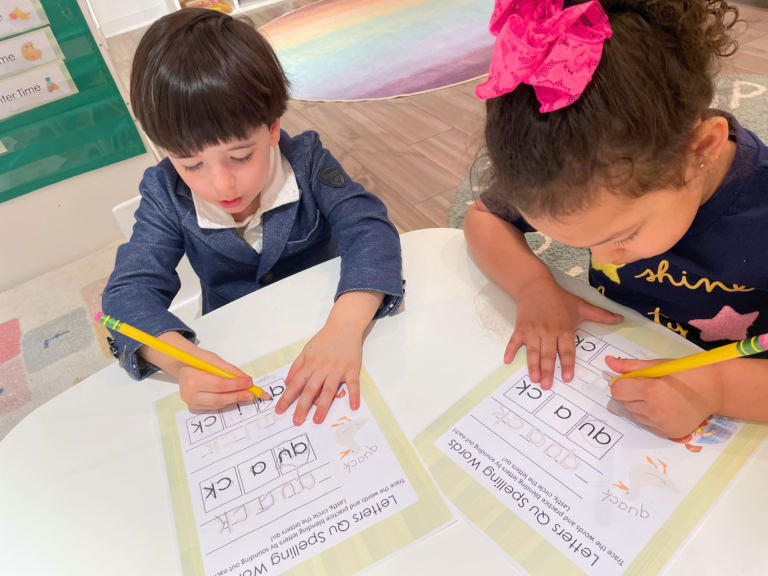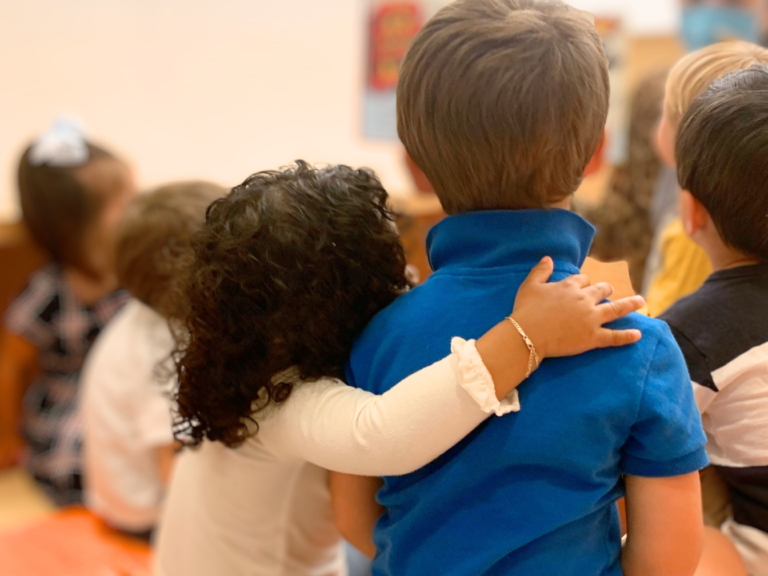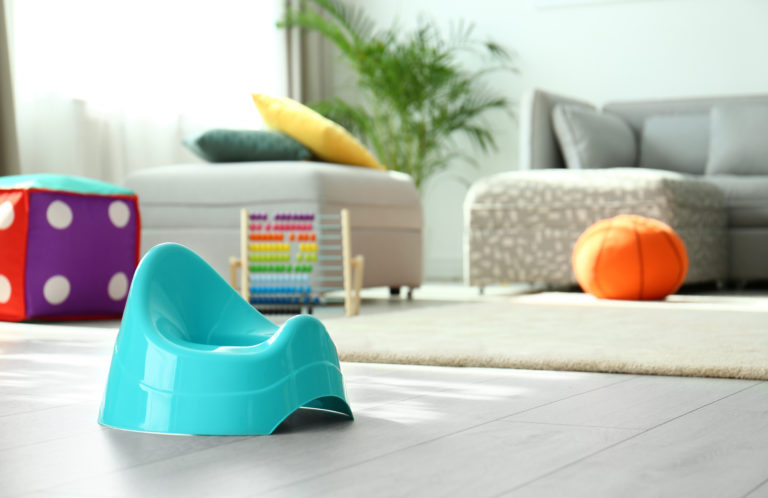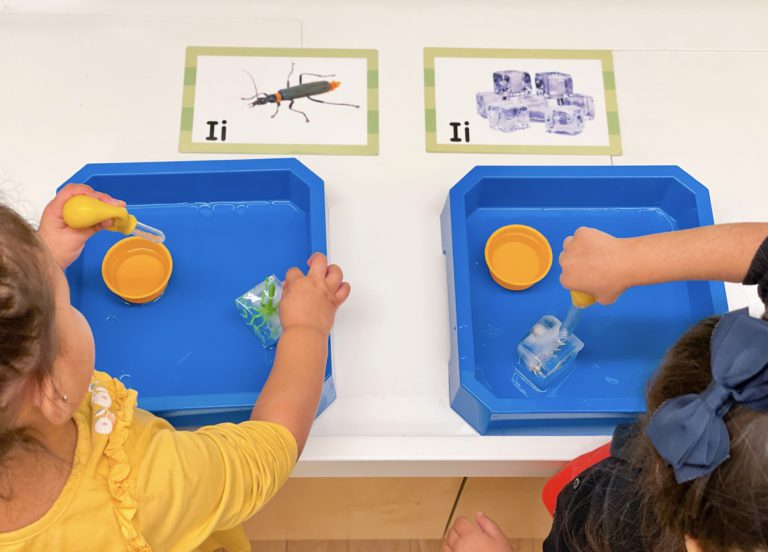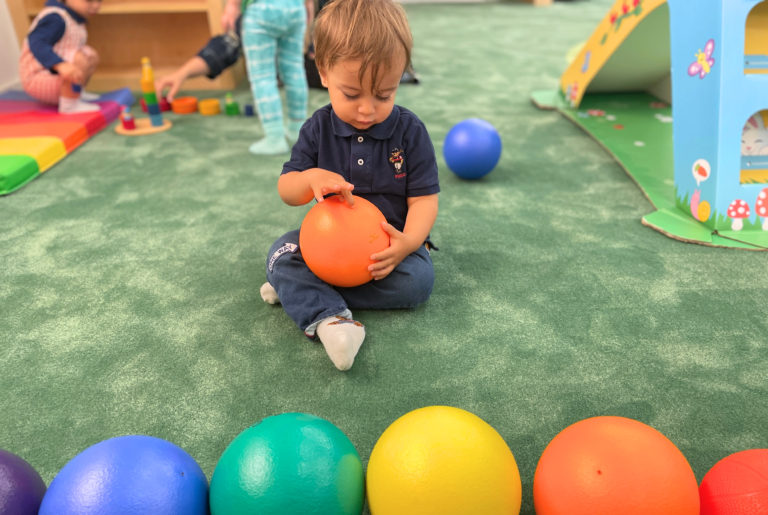Time-Out vs. Time-In
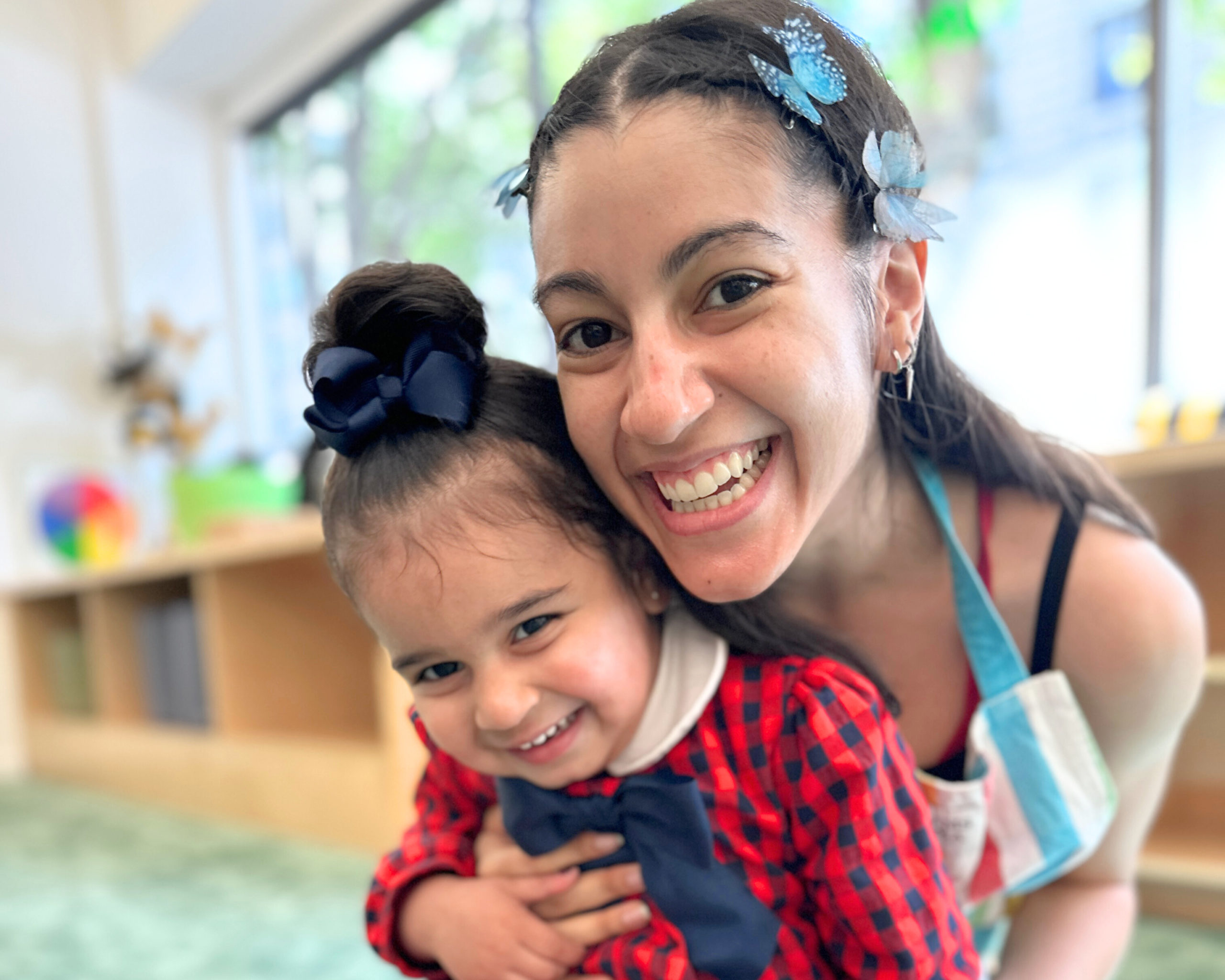
As former children, I think we all grew up understanding the concept of “time-outs” in a similar way: it’s where we were sent, be it a corner or on a chair, to be by ourselves for a certain amount of time — typically one minute for each year of our age; 5 years old = 5 minute time-out. Until recently, I still thought this was an acceptable practice. But after some reading, I realized how much time-outs affected how I dealt with my own emotions growing up. Learning about “time-ins” and how much more supportive they are of children’s social emotional learning is reflective of how we now want to teach our little ones to deal with big emotions.
When little ones act out, it is because they are still acting on impulse. They feel something in their bodies that makes them mad or sad or frustrated and they throw something or hit someone. Isolating them in a time-out places shame on the action and, in turn, on the emotion. A time-in reframes the time-out with one important addition: a caregiver. With an adult to help navigate their big emotions, little ones can feel supported through their social emotional learning when they are experiencing tough situations and learning about right and wrong. Even when we are wrong and make mistakes, we still deserve love and support.
So what does a time-in look like?
Let’s say a couple of little ones are playing with blocks when sharing them becomes a problem for one of them, and they end up throwing a block at the other child. The first thing to do is to take the one who threw the block to a separate quiet space, or even a calm corner. If they are upset, sit with them as they attempt to calm down. Encourage deep breaths and offer comfort as they work through these hard feelings.
As they begin to calm down and communicate with you, bring up the issue gently letting them know what you observed:
“I noticed you got really frustrated when your friend wanted to share the blocks.”
Validate their feelings and share your own experience with frustration:
“I can get really frustrated too, but we do not throw our toys when we feel that way. I like to take deep breaths and count to 10. Would you like to try with me?”
Practice the methods together and review what they will try next time those feelings bubble up. Then, check in with them to see if they’re ready to rejoin the activity. If not, offer to sit with them and read a book, or do another activity, until they feel ready.
Overall, time-ins are respectful of your little one’s developing emotional skills. Experiencing these feelings for the first time can be intense for little ones. The more support and respect they receive while first navigating this social emotional learning, the better equipped they will be as they learn to self-regulate, as well as to look for that type of love and respect in future relationships.
Popular


Hi, I'm Miss Julia!
Miss Julia has been an early childhood educator for 5 years, with over 10 years of experience working in childcare. She has been teaching at Playgarden Prep since 2017, and is happy to share ideas on some of her favorite early education topics with you! Miss Julia has a BA from UC Irvine, and uses her experience in performing arts to inspire little ones every day in her enrichment classes at Playgarden. In her free time, Miss Julia loves enjoying nature, cooking, and creating with friends.

